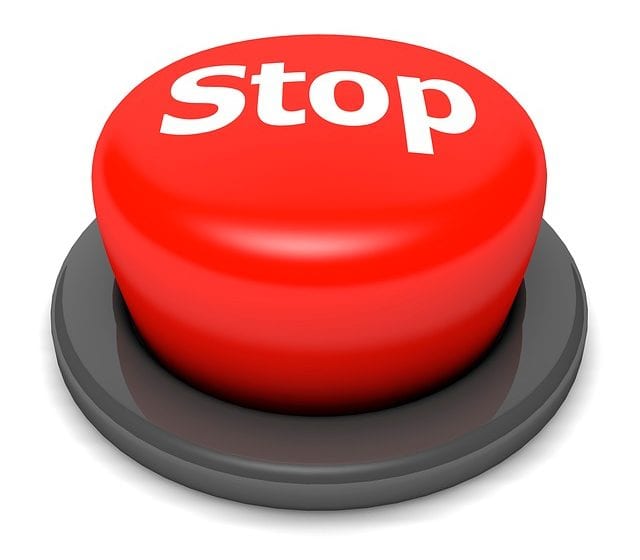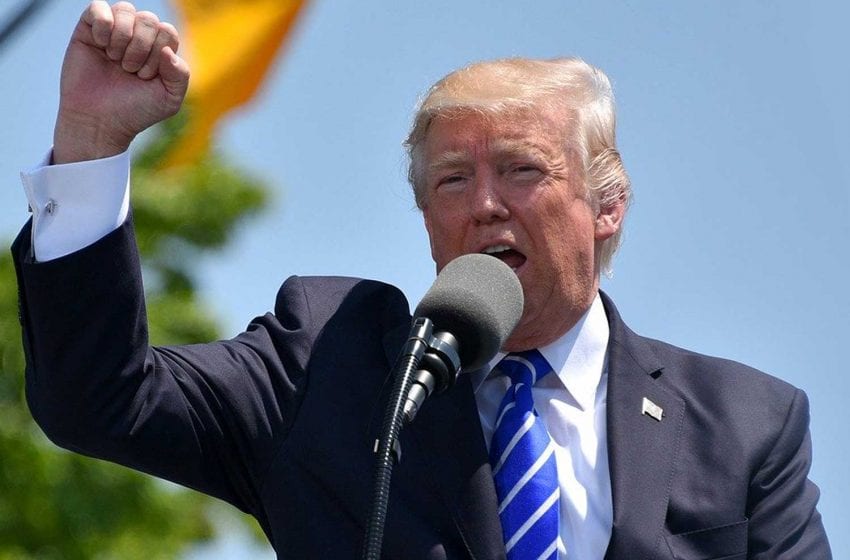The EU Commission said yesterday that the EU’s traceability system for tobacco products contains multiple safeguards, including independence requirements that ensure the system is controlled by member states and is independent of the tobacco industry.
The Commission was replying to questions posed by a French member of the EU Parliament who had claimed that the Commission’s tobacco-products tracking-and-tracing acts did not take into account the entry into force of the World Health Organization’s ‘Protocol to Eliminate Illicit Trade in Tobacco Products’.
In a preamble to two written questions, Michèle Rivasi said that parallel trade in tobacco resulted in increased smoking, particularly among adolescents, who were more sensitive to prices, and an annual tax loss for EU member states estimated at between €15 billion and €20 billion.
‘The World Health Organization (WHO) considers that the best way to put an end to this phenomenon is to apply its Protocol “to Eliminate Illicit Trade in Tobacco Products,” which was drawn up in 2012 and entered into force on 25 September 2018,’ she wrote.
‘To date, there are 48 parties to this international treaty, including the European Union, which ratified the WHO Protocol on 24 June 2016, following the vote of the European Parliament on 9 June 2016.
‘Article 8 of the Protocol requires, in particular, that a tracking and tracing system be set up for tobacco products which is strictly independent of tobacco manufacturers, who are suspected of fuelling parallel trade.
‘At the beginning of 2018, the implementing and delegated acts on the traceability of tobacco products adopted by the European Commission entrusted several essential traceability-related tasks to cigarette manufacturers themselves.’
Rivasi then asked:
- ‘Why do the Commission’s acts not take into account the entry into force of the WHO Protocol?
- When will the Commission revise them?’
In reply, the Commission said that the traceability system for tobacco products contained multiple safeguards, including independence requirements that ensured that the system was controlled by the authorities of the member states and that it remained independent from the tobacco industry. ‘To that extent, Article 15 of Directive 2014/40/EU (on tobacco traceability), along with the relevant implementing and delegated legislation, is fully in line with the World Health Organization Framework Convention on Tobacco Control’s Protocol (notably Article 8), it said.
‘Article 35(9) of Commission Implementing Regulation (EU) 2018/574 provides that the procedures governing the appointment of service providers and the monitoring of their compliance with the independence criteria set out in the secondary legislation will undergo a periodic review by the Commission. Conclusions of that review will form part of the report on the application of Directive 2014/40/EU provided for under Article 28 of that Directive. Following the publication of the report, the Commission may, if deemed necessary, table a proposal for amending respective legislation.’











